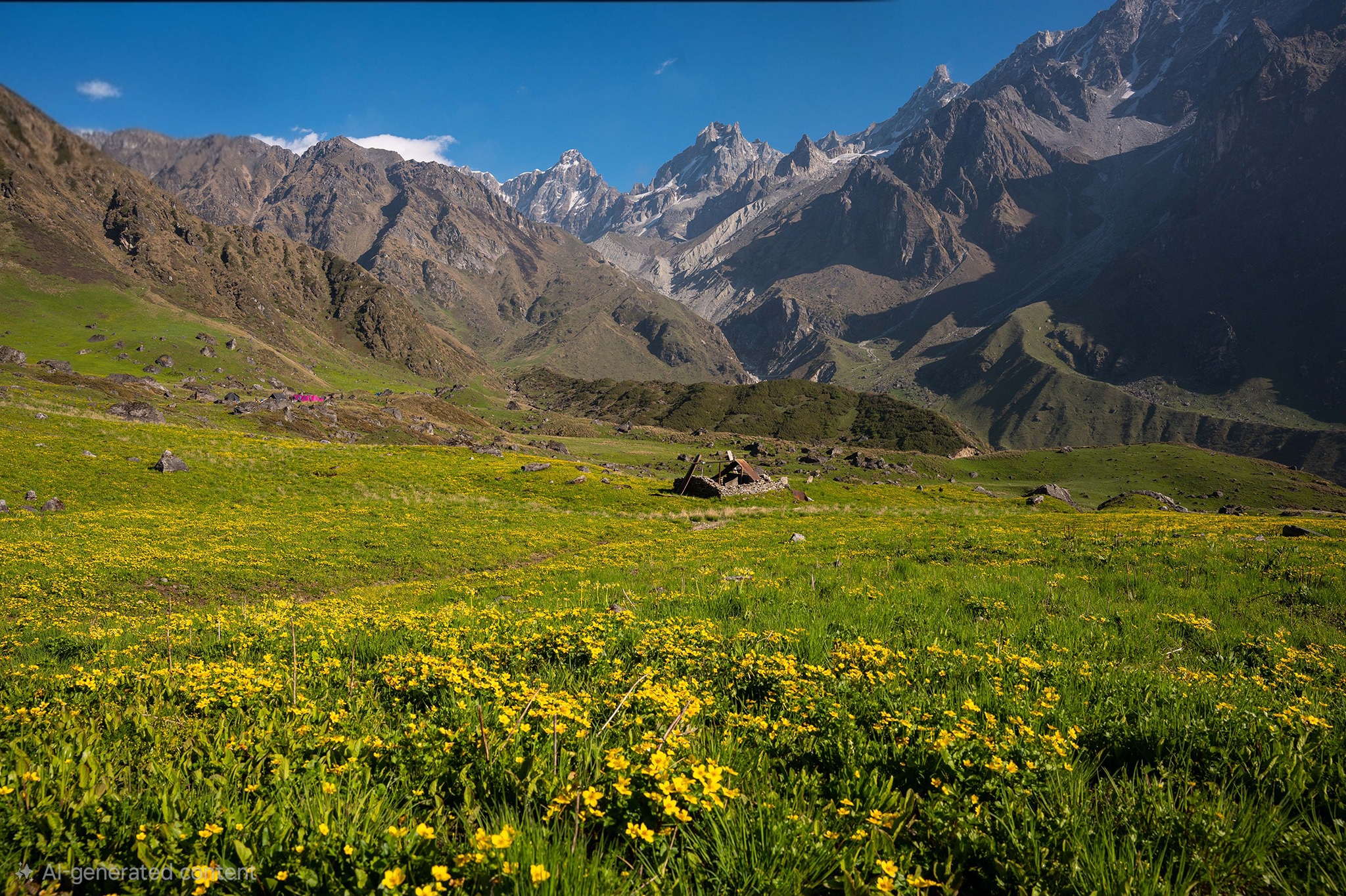Nepal ranks world’s most nature-connected nation, global study finds
A landmark study published in the journal Ambio reveals Nepal leads the world in emotional and spiritual connection to nature, highlighting how cultural, socioeconomic, and ecological factors shape humanity’s bond with the natural world.
Nepal has emerged as the world’s most nature-connected nation, according to a study published in the journal Ambio, which examined how social, cultural, and ecological factors influence people’s relationship with the natural world.
The study, the largest of its kind, surveyed more than 56,000 people across 61 countries and assessed attitudes toward nature based on socioeconomic, geographical, and cultural indicators. Nepal topped the list, followed by Iran, South Africa, Bangladesh, and Nigeria. Britain ranked 55th, and Spain was the least nature-connected country surveyed.
The research found that nature connectedness—a measure of emotional and psychological closeness to the natural world—varies widely between countries. The study identified both objective country-level indicators, such as urbanization and business environment, and subjective indicators, including scientific and religious values, that shape how societies relate to nature.
Countries with stronger spiritual or faith-oriented values showed greater connection with nature, while those with more business-friendly environments, higher urbanization, and greater internet use showed lower levels of connection.

Researchers noted that socioeconomic conditions, biodiversity levels, spirituality, and attitudes toward technology were all significantly associated with how societies perceive and connect with the environment. The findings suggest that structural socioeconomic systems and biodiversity conservation need to align with what the authors describe as techno-spiritual aspects, integrating technological advancement with spiritual and ecological awareness.
According to the study, these insights are crucial for developing effective policies that promote a balanced human–nature relationship. The research highlights that social, scientific, and spiritual values explain differences in nature connectedness more than tangible ecological or economic factors alone.
It further points to limitations in current Sustainable Development Goal frameworks, suggesting that addressing humanity’s disconnection from nature requires new approaches—including concepts such as sacred ecology and techno-social dynamics—that integrate cultural and structural dimensions.
The study argues that strengthening people’s connection with nature could serve as a powerful tool for transformative environmental change, addressing global challenges such as biodiversity loss and climate degradation.








